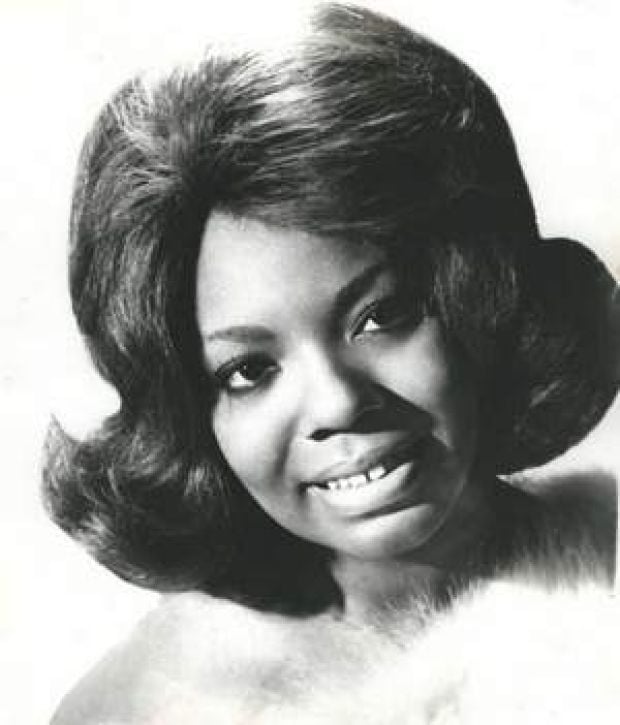

The anemic funding of the arts in America means that the institutions memorializing the country’s cultural exports look like scale models. Germany also provided millions of euros in direct support for artists who were affected by the pandemic. The budget for the National Endowment for the Arts has actually grown since 2016 by nearly sixty million dollars, to two hundred and seven million dollars in 2023, but that number is dwarfed by the German cultural ministry’s budget of €2.3 billion. State support for the arts doesn’t look quite the same on this side of the Atlantic. Azary was able to secure a five-hundred-thousand-euro loan and a free lease for the space from the city of Frankfurt, a signal that the German state had put its weight behind a night-life industry that is a vital part of the tourist economy. The Frankfurt museum was the result of years of lobbying from some of Germany’s most notable d.j.s and musicians. “Should the claim be a pure marketing measure,” the letter stated, “it inadmissibly exploits the cultures of people with histories of migration and oppression by marginalizing their achievements.”įor the members of Underground Resistance, MOMEM also represented something else: the continued neglect of techno-and Detroit-in the U.S. The situation escalated when Peter Feldmann, then the mayor of Frankfurt, sent an invitation for MOMEM’s opening party welcoming guests “in the middle of Frankfurt, where techno has its origin.” The accumulated snubs set off a conflagration in the fiercely protective techno community: female:pressure, a global consortium of women, nonbinary, and trans electronic-music artists, wrote an open letter condemning what they saw as the patriarchal whitewashing of a genre created by nonwhite and queer artists. The collaborators, who are now in their fifties and sixties, started the museum so that the story of techno’s Detroit origins wouldn’t get lost or erased as the genre’s popularity grew. Situated on Detroit’s Grand Boulevard, the modest space has been open since 2002 it is owned by the techno pioneer Mike (Mad) Banks and managed by Banks and the d.j. That claim would come as news to the founders of Underground Resistance, the Detroit-based music label behind the techno museum known as Exhibit 3000. “But there’s nothing like that at all for the field of electronic music, techno, house, club culture.” “There are museums for a lot of other kinds of music,” Alex Azary, a techno pioneer and MOMEM’s director, said in a video produced by a German music outlet and released shortly after Azary secured a space for the museum. MOMEM was billed as the world’s first museum to celebrate techno, finally giving the genre an official home in Germany, the country where the pulsing untz of kick drums and snares found a foothold in the global music scene.

When the doors opened to the Museum of Modern Electronic Music ( MOMEM) in Frankfurt’s Hauptwache square, last year, it seemed that club music was finally getting its due.


 0 kommentar(er)
0 kommentar(er)
